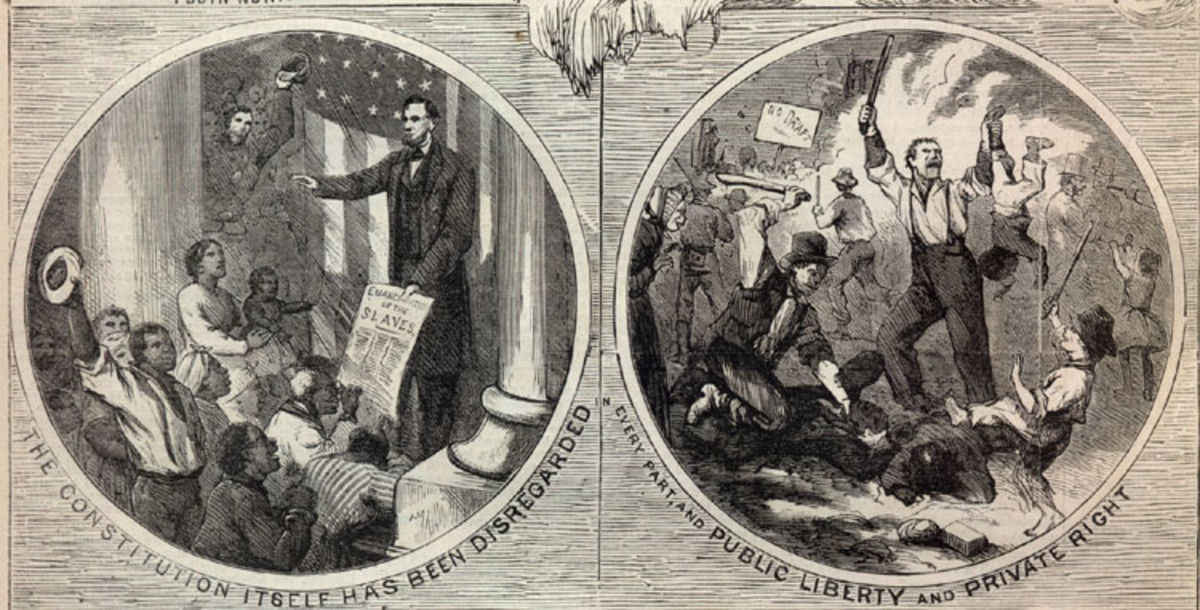Georgia Pushes for Hackable Touch-Screen, Bar-Coded Ballots After Rejecting Petition for Hand-Marked Paper Ballots

After cementing a reputation this year for contentiousness in its elections, the Georgia State Election Board has unanimously rejected a citizens' petition for migration to a system of voter hand-marked paper ballots. The board appears to be favoring a controversial technology which would make it easier to hack elections than it would be with a system of voter hand-marked paper ballots. A member of the board called the citizens' concerns "either manufactured or imaginary."
The petition is entitled "Hand-Marked Paper Ballots for Georgia." It summarizes:
"We the undersigned, respectfully petition the State Election Board to immediately require the use of hand-marked paper ballots beginning in the November 2018 election."
Now due for a massive replacement of its 16-year-old, paperless touch-screen voting system, Georgia, through the State Election Board, is leaning toward replacing the old system with a universal system of "ballot marking devices," by which voters make their choices on a touch-screen, which then prints out a paper ballot reflecting those choices. The ballot is then fed into an optical scan vote-counting machine which adds up the votes.
The problem is, the machine being considered, the ES&S Expressvote, does not count the bubble on the paper that the voter can see. It counts a barcode printed on the bottom of the ballot which could say anything. Bar-coded ballot systems are roundly condemned by election transparency activists.
Election activists and the organizers of the petition say that such systems, in which machines mark ballots for voters, are unacceptable, except for standard options for disability..
Furthermore, studies show that many people do not inspect their ballots generated by electronic devices before submitting them. After brief flirtations with touch-screen devices, most of the rest of the industrialized democracies have returned to hand-marked paper ballots as the most hack-proof system of voting, including Germany, Canada, France, Ireland, Italy, Denmark, Finland.
Ballot marking devices should be reserved as an option for voters with a disability, transparency activists say. The voter should always be offered the option of a hand-marked paper ballot.
In an additional check on vote-count honestly and accuracy, modern optical scan vote-counting machines of the kind approved by election transparency activists automatically take an instant digital image of each ballot as is it fed into the scanner. These images, which are completely anonymous like the paper ballots, can then be posted online or burned onto a DVD for citizens to verify vote counts independently.
In recent years, election authorities have fought hard to keep from having to release the ballot images, in states such as Arizona, Alabama, and Ohio. Their reluctance leads some election transparency activists to believe that more machine hacking is taking place than is known.
In Broward County, Florida, in an extraordinary violation of federal law, election supervisor Brenda Snipes was ruled by a state court judge to have "illegally destroyed" all the paper ballots in a hotly contested Democratic primary race, between former DNC chair Debbie Wasserman-Schultz, and challenger Tim Canova. Canova sued for a hand recount of the paper ballots. A short time after the lawsuit was filed and served upon Broward County, Snipes destroyed the ballots, in violation of Federal law at 52 USC 20701
The episode gives election transparency activists no confidence in the general integrity of US election authorities, whose professional associations have maintained their silence on the Snipes affair. No Florida law enforcement agency has indicated it would prosecute Snipes.
For her part, Snipes says she is being singled out for persecution for "mistakes." However, no other Florida election official has ever made the "mistake" of destroying paper ballots before an important lawsuit. In addition, the law does not consider intent relevant.
In stark contrast to Snipes, a legal alien resident in Texas was recently sentenced to eight years in prison for accidentally casting a non-qualifying vote. The law Snipes broke stipulates penalties of "not more than $1,000" or imprisonment "for up to one year," or both.
The optical scan vote-counting machines which are so far generally approved of by election transparency activists are:
- ES&S (Election Systems and Software) DS200,
- ES&S DS850,
- Dominion ImageCast Precinct,
- Dominion ImageCast Central,
- Hart Intercivic Verity Scan,
- Hart Intercivic Verity Central,
- Unisyn Voting OpenElect OVO.
RELATED: "How to Have Hack-Proof Elections in America, Easily, and Why Politicians are Against it"






